Voodoo Medics — Part Four: How Jonathan Walter fought well beyond the ‘Golden Hour’ to keep soldier alive
“I believe for what it’s worth that his injuries were beyond any human being to deal with and stay alive,” says Voodoo Medic Jonathan Walter, describing the intense 90 minutes he tried to keep Signaller Sean McCarthy alive after he was blown up by a landmine. WATCH PART FOUR OF VOODOO MEDICS NOW.
SERGEANT Jonathan Walter knew there would be carnage as soon as he heard the muffled thump of the explosion.
The medic was on patrol with Special Air Service troops in southern Afghanistan when the roadside bomb — known in the military as an Improvised Explosive Device (IED) — tore through one of their vehicles and the bodies of the patrol inside.
“IEDs are unique,” Walter said.
“It’s hard to articulate. It really is a very deep explosion. Metal, tin and rubber muffle it, which is normally the vehicle that struck it.”
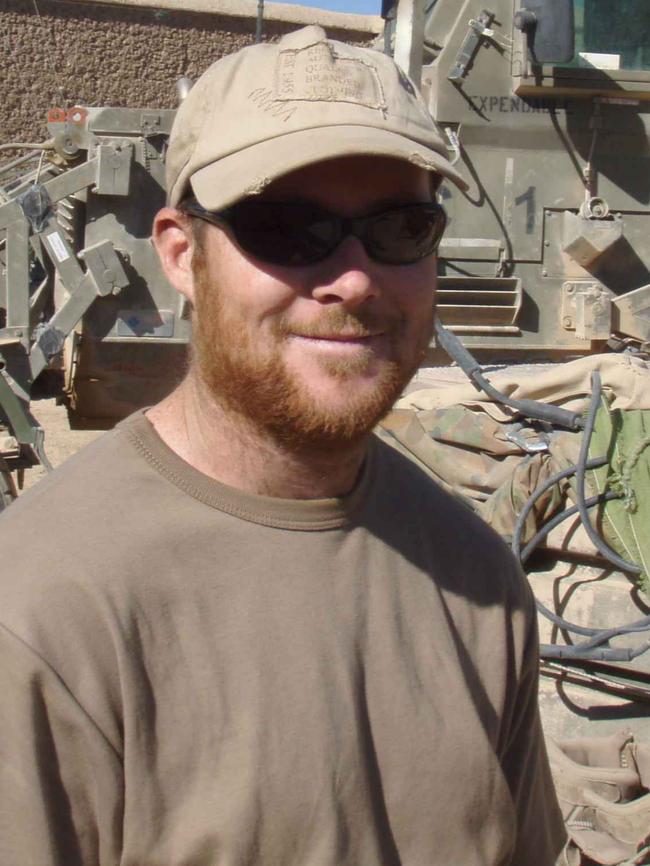
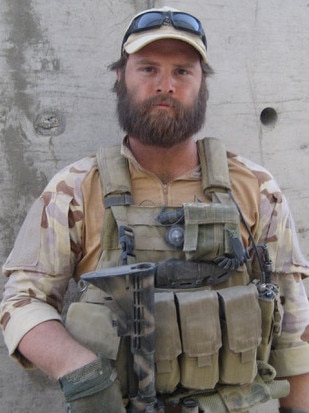
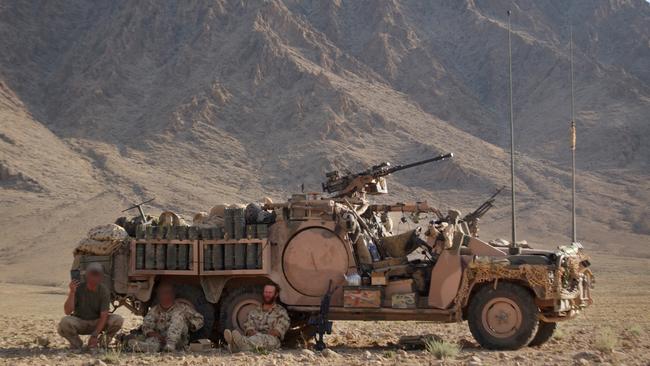
The worst of days for the Voodoo Medics like Walter — one of the elite military medics whose stories are revealed in The Daily Telegraph’s special eight-part documentary — are those when a soldier dies.
July 8, 2008, was one of those days.
Signaller Sean McCarthy, 25, was just two weeks into his deployment when the vehicle he was in drove over the 20kg explosive. He was critically wounded in the blast, which also blew off the leg of an Afghan interpreter and injured two other troopers.
The Special Air Service (SAS) Regiment’s 3 Squadron had been moving through a small culvert in the Chora Valley — a known hotbed of insurgent activity — about 12km north-northeast of the Australian base at Tarin Kowt.
When Walter heard the blast he ran to the ripped-apart vehicle where troopers had already applied tourniquets to McCarthy and the interpreter to try to stop their bleeding.
RELATED
Moment Voodoo Medic knew he couldn’t save soldier
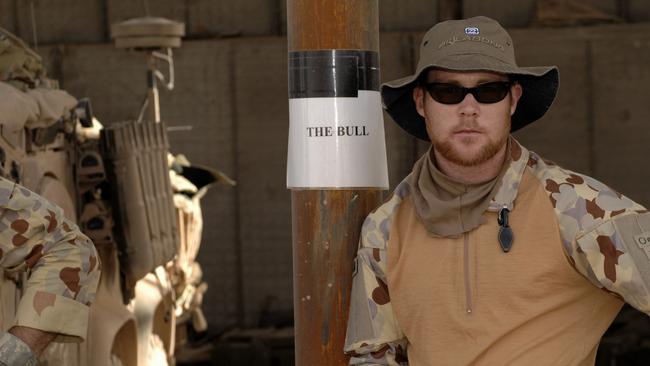
McCarthy’s injuries were so severe that, using only the medical equipment available to him on the battlefield, Walter concentrated on procedures that would buy him time until a chopper arrived to fly McCarthy to hospital.
“Ultimately Sean needed surgery — that was the reality,” he said.
He re-applied tourniquets to stop the bleeding, thrust a needle into McCarthy’s chest to release air built up inside his thoracic cavity and inserted a plastic tube into his trachea to try to get him breathing again.
The Australian Special Operations Command strives to have its soldiers — if wounded — at hospital within the critical “golden hour”. However, Kilos are focused on providing life-saving treatment within what they call the “platinum 10” — the number of minutes it can take for a seriously wounded soldier to “bleed out” and die.
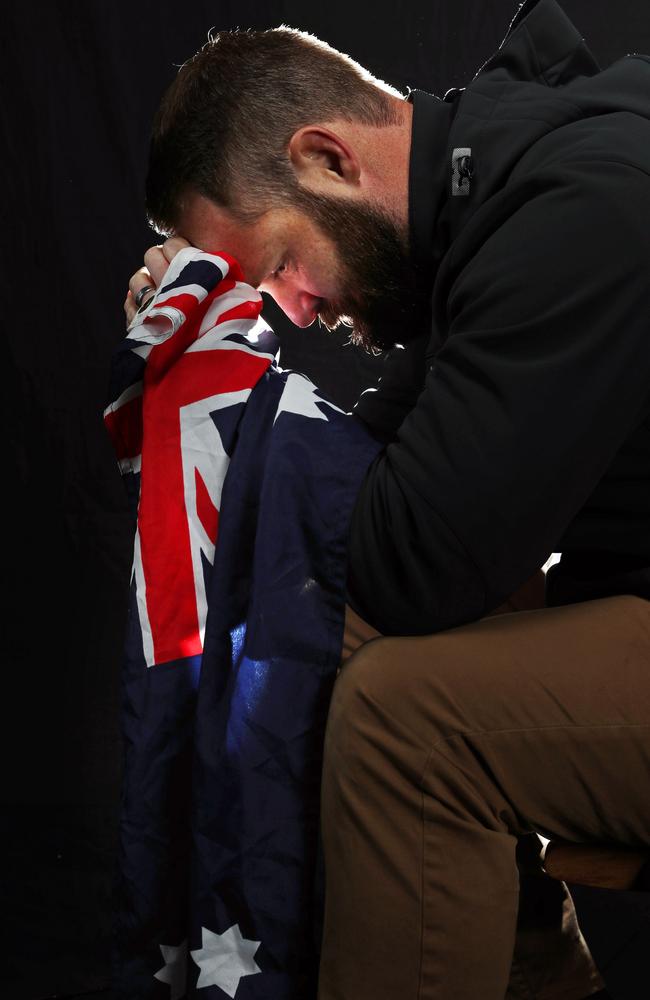
McCarthy’s death illustrates the extraordinary lengths that medics go to in a bid to save a life — and how sometimes there was nothing they could do.
Walter worked on Sean for about 90 minutes before a medical evacuation helicopter arrived.
“Sixty minutes is a long time. Ninety minutes is a very long time,” Walter said.
“It didn’t help that there was a delayed evacuation time that day, however I believe for what it’s worth that his injuries were beyond any human being to deal with and stay alive.”
Ultimately, Walter could not save McCarthy.
“This was the first and luckily the last time that I’d lost an Australian soldier at my hands,” Walter said.
It was “probably the most traumatic day for me”.
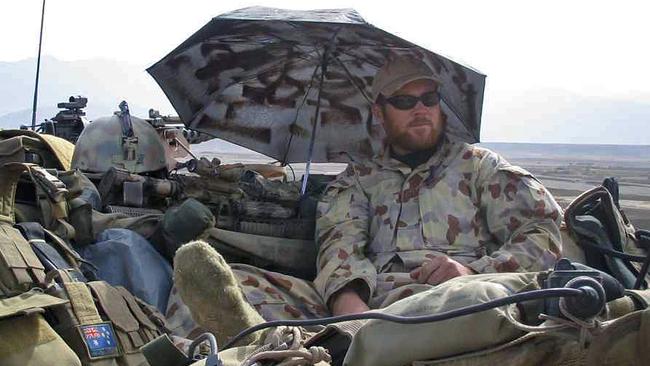
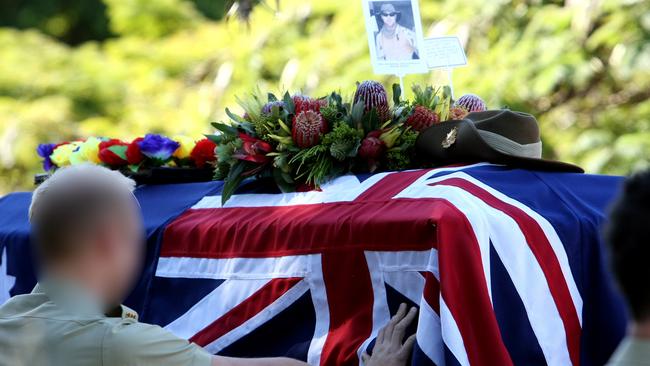
Corporal Mark Donaldson, who within two months would demonstrate bravery that would earn him Australia’s highest military honour, was on the ground with McCarthy that day and had also deployed with him in 2007.
“Sean was in an extremely serious way and if it wasn’t for (Walter) his chances were zero,” Donaldson said.
“But with Wal there, and the amount of amazing work that he did to be able keep Sean even alive for as long as he did ...
“If there’s any consolation for Sean’s family it’s to know that everything possible was done to get Sean back to better care.”
